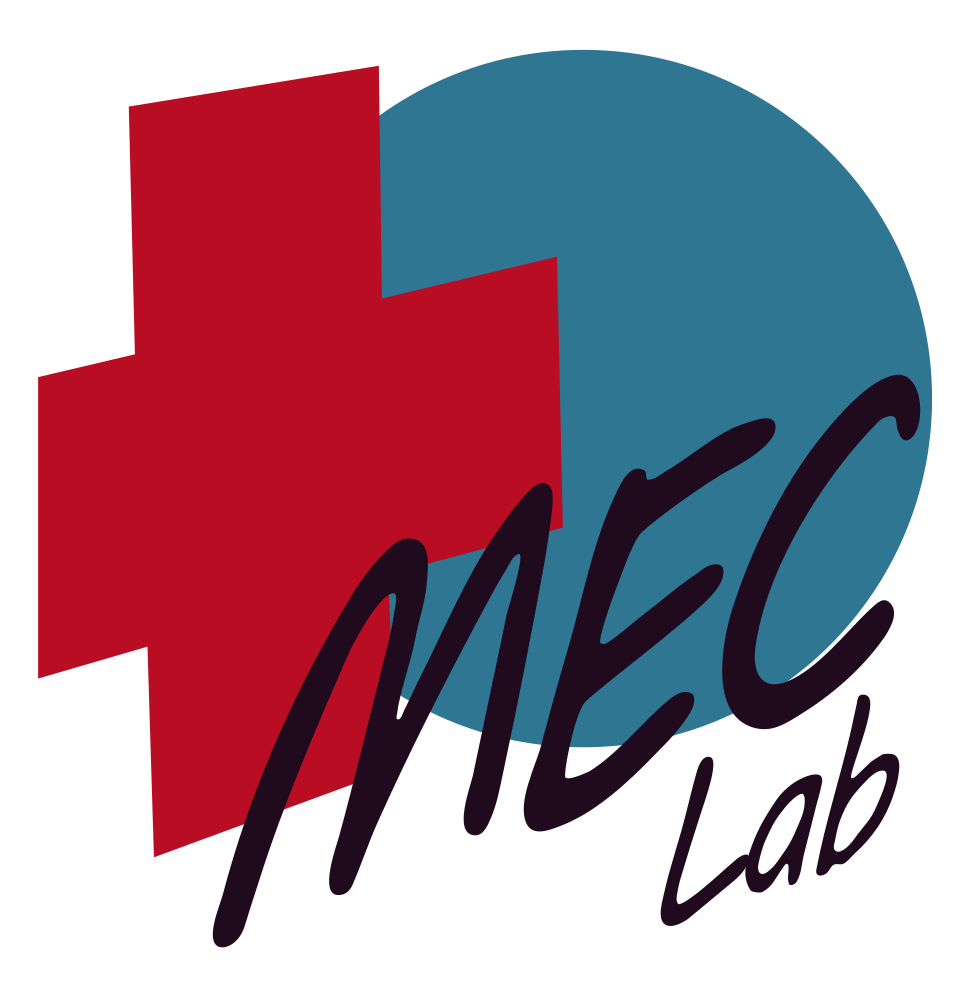Deep Learning for Medical Imaging
Published:
Medical imaging is the technique of creating visual representations (digital images) of the interior of a body or skin for clinical analysis and medical interventions. Oftentimes visual representation of the function of some organs or tissues is part of medical imaging. This class teaches the basics of common medical imaging modalities and discusses their strengths and weaknesses. It proceeds with several lectures about advanced concepts in deep learning (e.g. federated learning, continual learning) and their applications in the field of medical imaging. As this is an integrated lecture, students can participate in a voluntary paper presentation and/or programming project to gain practical experience and an exam bonus. The lecture takes place in every winter term.
